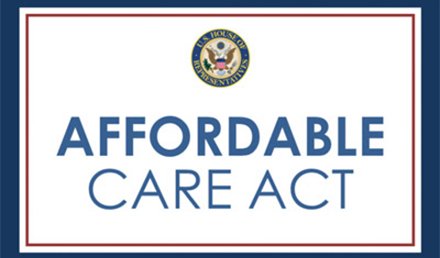After months of legislative back-and-forth, and as we previewed here last month, the US House of Representatives has passed new legislation that essentially repeals the Affordable Care Act (ACA, or “Obamacare”). The Senate already voted to approve the bill, called the Restoring America’s Healthcare Freedom Reconciliation Act, after implementing changes to the original version. Proponents of the new bill—which President Obama has already promised to veto—say it would cut the federal deficit by $516 billion …
Read More





